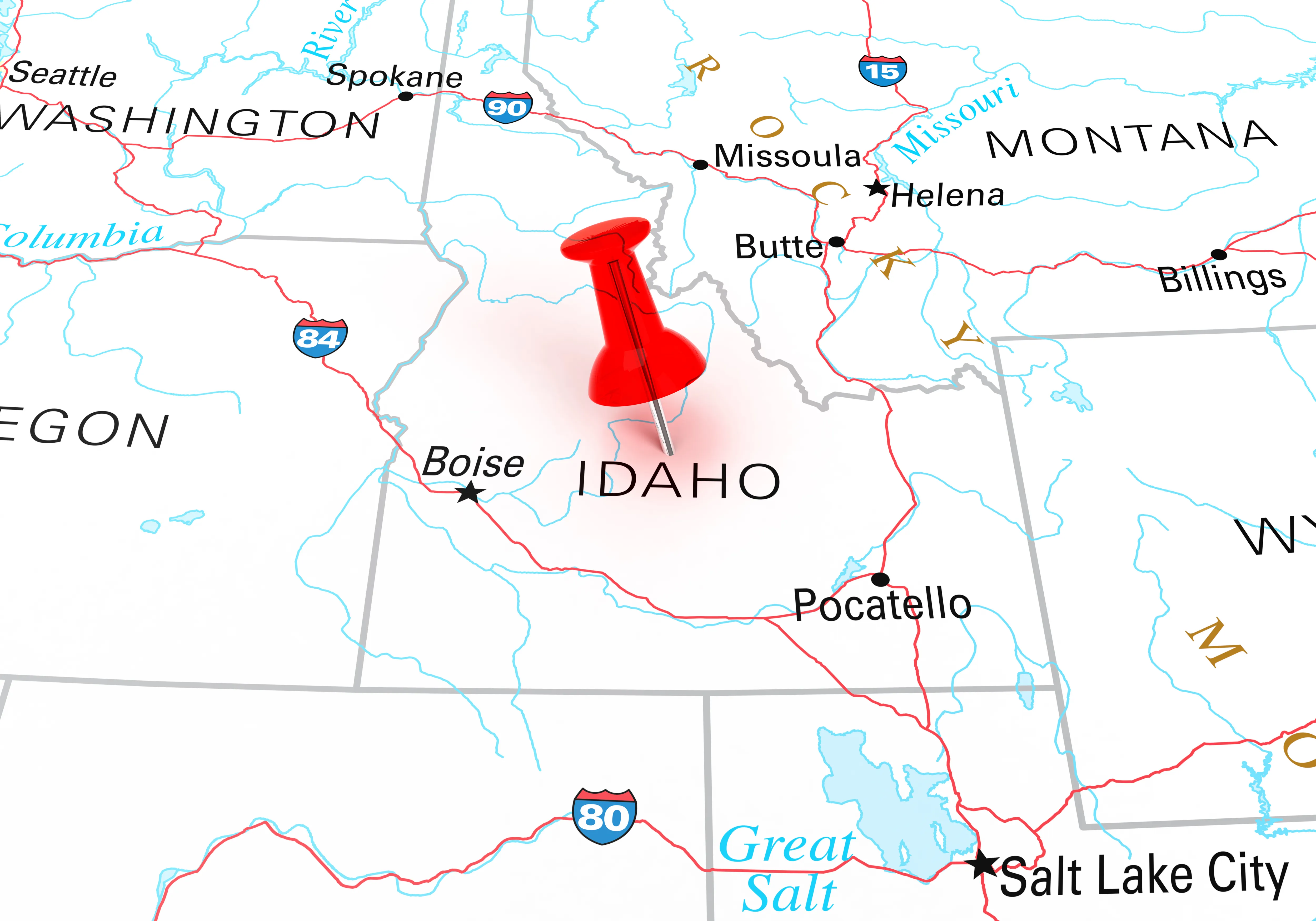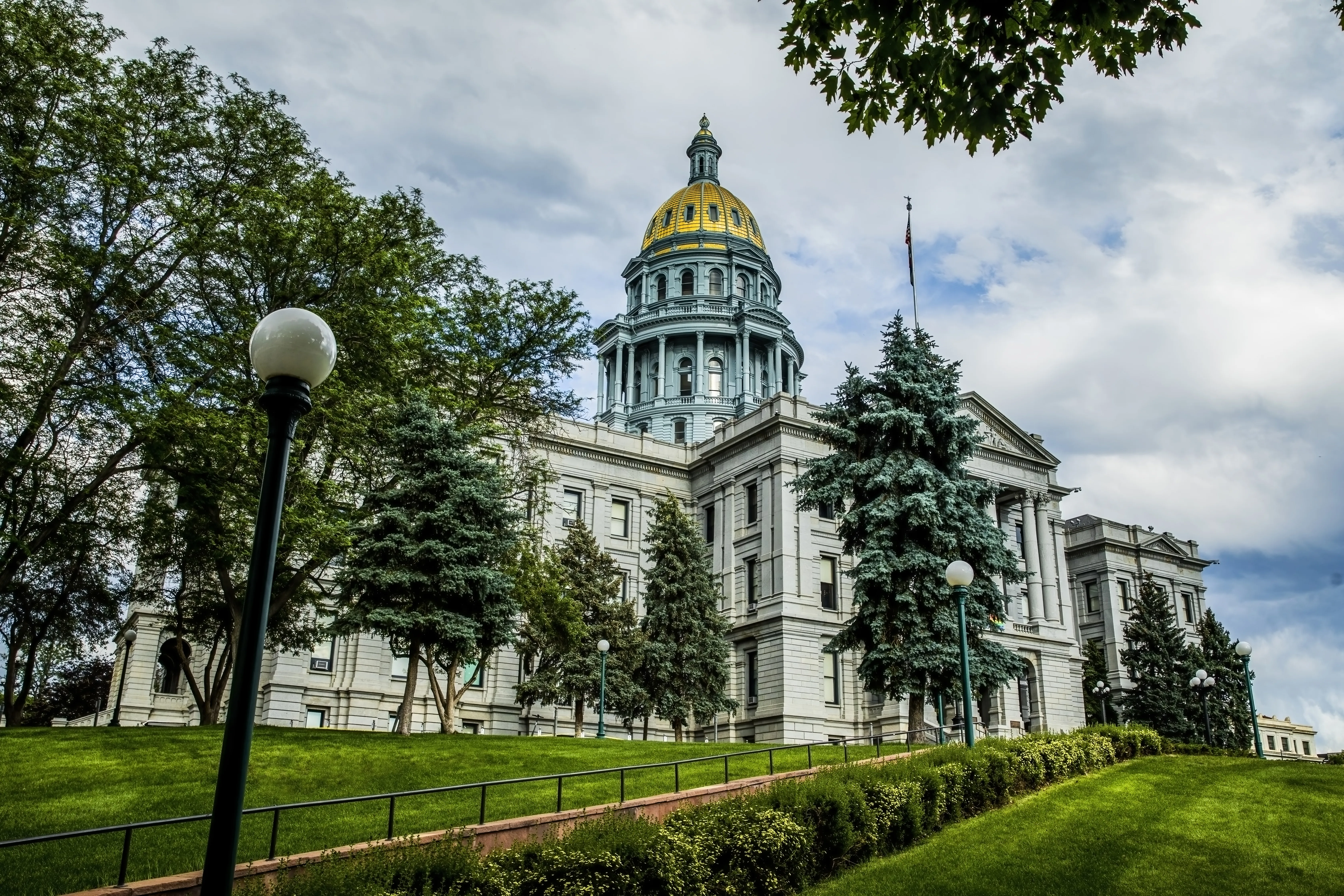
Oklahoma: Native Americans must pay income taxes
(The Center Square) - The Oklahoma Tax Commission said Wednesday in a decision that the McGirt decision does not exempt members of Oklahoma’s tribes from paying state income taxes.
The decision is based on an appeal filed by a Muscogee (Creek) Nation member. Alicia Stroble, a member of the tribe, filed for a refund on her 2017, 2018 and 2019 state income taxes based on her employment with the Muscogee (Creek) Nation and her residence in Indian Country. Native Americans living in Oklahoma are exempt from paying state income taxes if they also show that they live on a formal Indian reservation, allotment or community and earn their income from sources in Indian Country.
An administrative law judge for the commission ruled in Stroble’s favor, but the tax commission reversed that decision Wednesday.
“The warranty deed provided by Protestant demonstrates the land is not a formal reservation owned by the federal government,” the commissioners wrote in their ruling. “Protestant acquired fee title to the property in 2008, from a non-tribal grantor, the BANK, as Trustee for the TRUST. Further, the deed does not indicate the land is held by the Muscogee (Creek) Nation or the federal government in trust for the Muscogee (Creek) Nation, nor is it subject to any restrictions, and therefore does not qualify as an informal reservation...”
The commission said the McGirt decision, a U.S. Supreme Court ruling that said most of Eastern Oklahoma was Indian Country and a subsequent decision, “Oklahoma v. Castro-Huerta,” only applied to major crimes.
“The Castro-Huerta decision is important because it makes clear that the McGirt decision preempting state jurisdiction has very limited application, even in the scope of criminal matters, to a single federal law- the Major Crimes Act,” the commission said. “And by its very language, the Major Crimes Act does not apply to taxation. Castro-Huerta, Oklahoma clearly has concurrent jurisdiction, even under the McGirt boundaries, unless otherwise preempted. There is no preemption for taxation established under McGirt, or otherwise.”
Michael Parks, Stroble’s attorney, told The Center Square he would appeal to the Oklahoma Supreme Court before Nov. 3.
“In the vast majority of cases that I have reviewed on appeal, the commission has affirmed the findings of the administrative law judge,” Park said. “The commissioners imply that the tax protest was based on the McGirt decision when in fact it was based on prior U.S. Supreme Court opinions and the report prepared by the Oklahoma tax Commission on McGirt. They distanced themselves from the report and said they did not approve the report.”
Gov. Kevin Stitt praised the decision. He said applying the McGirt decision would be costly to the state. More than 9,200 taxpayers have applied for exemption from state income taxes due to the tribal income exclusion. The state could lose $75 million if the McGirt decision applied to state income taxes, according to information from Stitt’s office.
“This is a ruling in favor of certainty, fairness, and equality for all Oklahomans,” Stitt said in a statement. “We all drive on the same roads, send our kids to the same public schools and benefit from the same state services, so it is only right that every citizen of the state of Oklahoma, regardless of race or heritage, should contribute their fair share.”
















